Polestar: The truth about depreciation and sneaky finance offers
Polestar, Volvo's nearly-Swedish Chinese EV brand, seems terrified of your future resale value, should you buy one, in Australia. Here's how the finance trap was laid...
Polestar, Volvo’s almost Swedish, Chinese electric car brand, is seemingly terrified of the future market might ruin your resale value, if you buy one.
The admission can be found between the lines of their latest awesome press release. But they also have a solution. The real question is whether it actually works for you, the consumer.
Resale value isn’t guaranteed, but it’s a silent factor that affects your bank account every day, and it’s important for many people. It’s also possible to cut depreciation in half at buying time, but that’s a different story than this one.
If you’re an AutoExpert regular, you’ll know how much I enjoy a solid bullshit press release. And this particular Polestar press release is one of the best. It essentially inverts reality, with a straight face, which is, of course, what satire is supposed to do.
It’s not the job of corporate communicators to invert the truth - they’re supposed just to nudge it a little, so you approach a potentially dodgy situation with confidence and aspiration. If they keep doing this kind of thing, it’s going to kill satire by depriving it of viable habitat.
WHAT’S HAPPENED TO CORPORATE COMMUNICATION?
Let’s lay the foundations here, so you understand the profundity of the problem.
Imagine you are writing a somewhat edgy TV comedy script, about a fictitious new media network called the Women’s Network. A network designed to undo all the wrongs of Roger Ailes and Bill O’Reilly, et al. The themes would be brave women reporting news about even braver women doing tremendously brave feminine stuff in the female news domain. They would do it on behalf of the majority of silently brave women out there at home, taking care of three kids and keeping house while running a business and mowing the lawns. Only it wouldn’t be an unambiguously intellectually insulting news and current affairs program, such as The Project.
What possible logo could we give Women’s Network News, for maximum satirical cut through? You would design something like this for a real Women’s Network.
Perfect for endless pisstakes, this would be the kind of logo Ron Burgundy would approve. The jokes would write themselves. ‘Tonight on Women’s Network News, we ask the hard questions, we probe the minister, we dig deep…’
But of course this was not just some tasteless, satirical fictional Women’s Network logo. It was the real one, approved and put in place by the Australian Federal Government, at great expense and designed by an advertising agency for six or seven figures.
This is how deeply reality has been inverted corporate communications has become. The corporate world seems bereft of that ability to interpret how their messages might be received at the other end. They’ve forgotten how to ‘listen’ to what’s not being said, what’s being implied, or what might be misconstrued by the words and information they’re conveying to their audience.
Corporate communications in the automotive industry has been reduced to this suggestive informational pricktease, where the core message is massaged and stretched and pulled in so many directions it loses meaning.
This is, typically, the ideal medium for most motoring journalists to sew some ego-driven advertising appeasement that makes the corporate entity sound good and leaves the reader dazed and confused.
What happens next is either a puff piece goes over lightly with advertisers and the consumer is left empty, or someone is brave enough to call bullshit.
Satire is supposed to be the inversion of reality. But you cannot do that when reality is already inverted.
In this case, it’s spending taxpayer money on a purple genitalia-shape logo (or simply giving it to profit-making car companies during a pandemic), or:
Volkswagen blaming the Australian government for not bringing its EVs here;
or Ford forgetting to ask how the Ranger is built;
or Mercedes’s dealer-severing shit price promise;
or Jeep blaming trolls for its sales freefall;
or Honda believing the new Accord is good value. Need I go on?
My AutoExpert AFFORDABLE ROADSIDE ASSISTANCE PACKAGE
If you’re sick of paying through the neck for roadside assistance I’ve teamed up with 24/7 to offer AutoExpert readers nationwide roadside assistance from just $69 annually, plus there’s NO JOINING FEE
Full details here >>
AutoExpert DISCOUNT OLIGHT TORCHES
These flashlights are awesome. I carry the Olight Warrior Mini 2 every day - it’s tiny, robust, and super useful in the field or in the workshop. Olight is a terrific supporter of AutoExpert.
Use the code AEJC to get a 12% discount >>
HOW POLESTAR HAS TRIED TO STICH YOU UP
This time, it’s Polestar attempting to save you from the boogey man, AKA depreciation.
Do you see it? Can you read between the lines? This is the kind of reckless corporate wordsmithing that is going to put satire in the ground.
The words not being spoken here, but which could be interpreted by the audience here, relate to the inverse nature of what Polestar is offering here.
Life is now imitating art to such a high level, it’s almost impossible to distinguish reality from what would otherwise be an opportunity for a giggle. It’s like Christopher Nolan’s Inception (2010), only more tragic.
I think the precedent was set when Trump became president. If this kind of satirical inversion is happening at the top, for however long, certainly it’s considered acceptable by a pre-pubescent carmaker.
Every time some fledgeling, wannabe-prestige carmaker enters the Australian market, they (probably) have some terrified meeting behind closed doors about resale value tanking and the damage this might do to the brand, medium-term.
And they seek to turn this into a ‘Women’s Network’ style of reality inversion. But they don’t joke about it. They sell it. They sell it hard to innocent, naive people like you, who probably just hear the overall tone of the soundbite and nod in easily-trusting agreement.
Dealerships used to do this with add-on insurance and warranties when you bought a car, before people started to learn about ‘acceptable quality’ and their rights under Australian Consumer Law.
“Flexibility and security” sounds so reassuring, like Bruce Willis guarding your house. Please, allow me to translate. I think what Polestar is really saying between the lines here is: “We suspect resale is going to tank, but there’s no reason we can’t make money out of that. Because most people are idiots.”
Guaranteeing the future value is subject to you taking their finance, right? Polestar has jumped into bed with a finance mob you’ve probably never heard of, called Allied Credit, and together, they’ve creatively imagined a retail name for the finance: Polestar Finance.
There’s no phallic logo, sadly, and the name is just crying out for some personality, in my view, but they do seem legit about this idea.
So, what happens is you front up at the dealership, perhaps somewhat enamoured of the V40 turned Polestar 2, but you might be concerned by your resale value being potentially low in three to five years. Huzzah, they’ve got a solution for you: Polestar Finance. A boring logo, for added credibility.
This solution is couched in terms of “flexibility, guaranteed future-value, competitive, experienced, one-stop-shop, maximum customer convenience, and seamless integration.” Sounds pretty good to me.
Unfortunately, however, back in reality, where the facts really matter, whenever there’s a disastrous resale value proposition on vehicles, someone inevitably has to take a financial hit. Carmakers and financiers such as Allied Credit (whose speciality is wholesale finance for importers and dealers) they’re disinclined to be the ones taking the hit, no matter how suggestive the logo.
And that leaves only one other party to the deal, doesn’t it?
Samantha Johnson could be part of the Women’s Network, in my view. The real one. Very rare to see a woman on top in the car industry.
If ‘convenient’ means complete certainty that you will take the financial hit if your resale value is eviscerated, and even if it’s not, then I completely agree.
How this works, under the surface is, they do a cold, hard internal assessment of the likely loss stemming from depreciation of a vehicle. Then the financial bloodletting is just built into the finance, of course, rather than presented to you as a heart-stopping lump sum at trade-in time.
So you pay the depreciation in tiny increments, and that’s why they will only guarantee the future value if you take their finance - because that’s the only way to ensure you fund the loss, and not them or the financier.
Are you going to take the financial hit for Polestar and Allied Credit?
Perhaps that is in fact competitive, seamlessly integrated maximum customer convenience. Who am I to judge? It just seems like the death of a thousand payments versus the grim reality at trade-in time. Same economic bloodbath.
The reason I’m pointing this out is because many people do become enraptured with EVs and new automotive brands, etc. Who doesn’t want an electric Volvo from China that looks like a plug-in, planet-saving Swedish Mercedes?
In this state of suspended disbelief it’s pretty easy to sweep logic to one side and conclude on the basis of a tsunami of straight-faced corporate communications that this kind of future value guarantee is a magic weapon. Perhaps it’s not magic, but is sold as just a plain old silver bullet against absurdly high depreciation, because you bought a dog of a brand.
It’s not. It’s a clever way of convincing you not to look at the financial crater your payments will inevitably fill. Guaranteed future value propositions only ever get mooted when the carmaker itself understands the gravity of the upcoming resale value disaster.
Seems like they might be well aware, which is more than can be said of the whole chip oil generator turned deluxe greenwashing marketing opportunity.

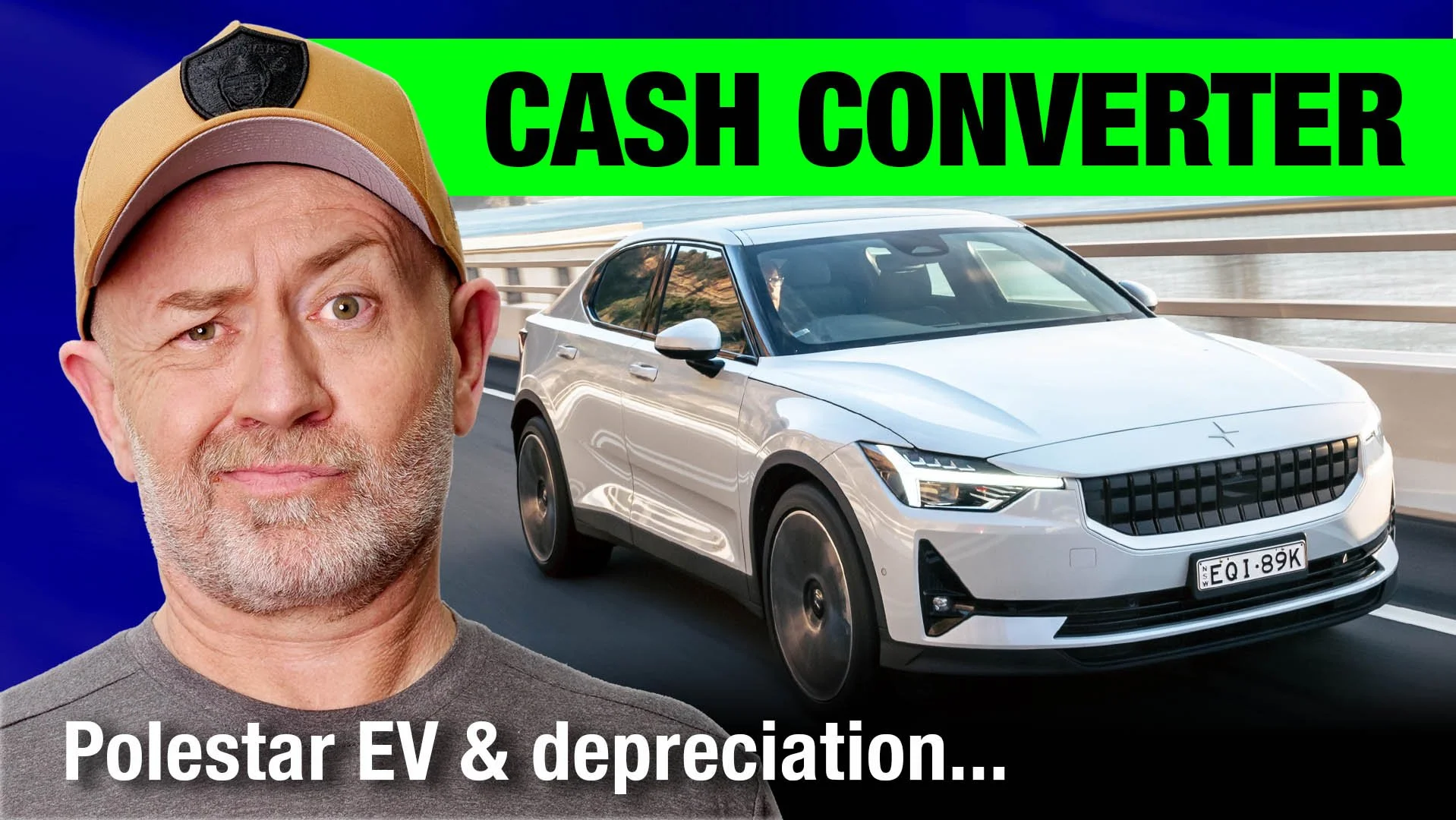






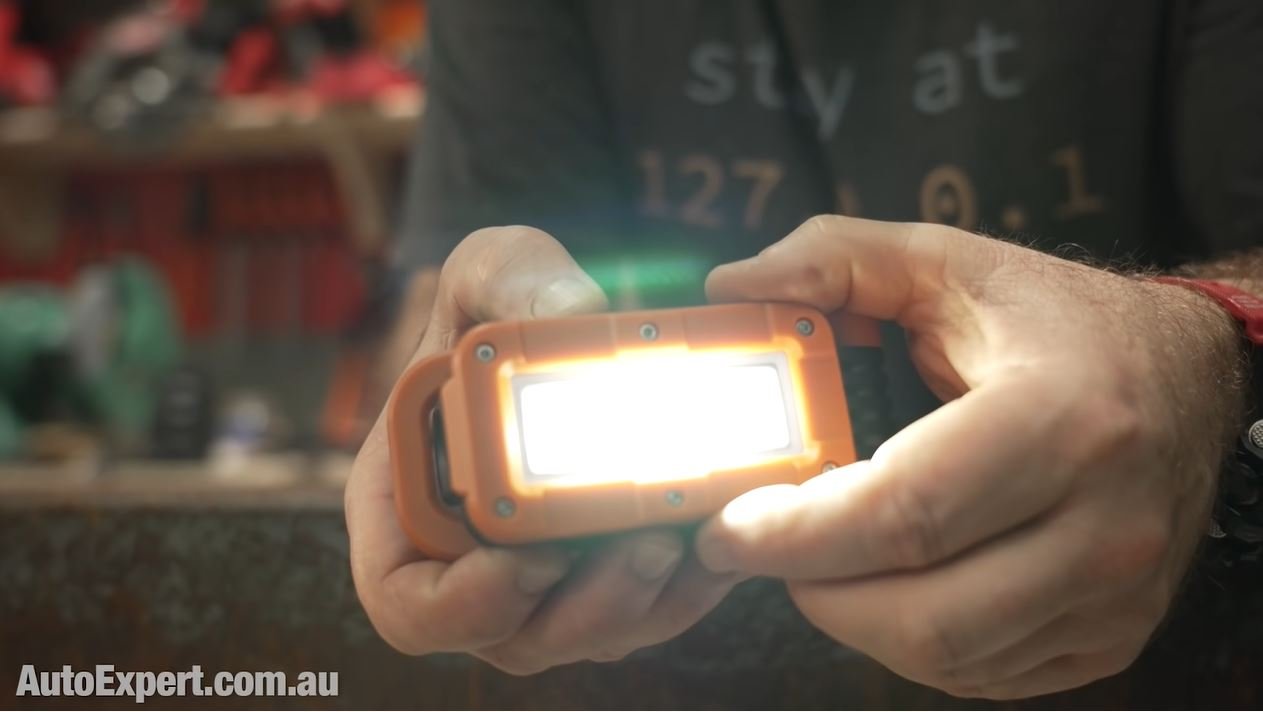
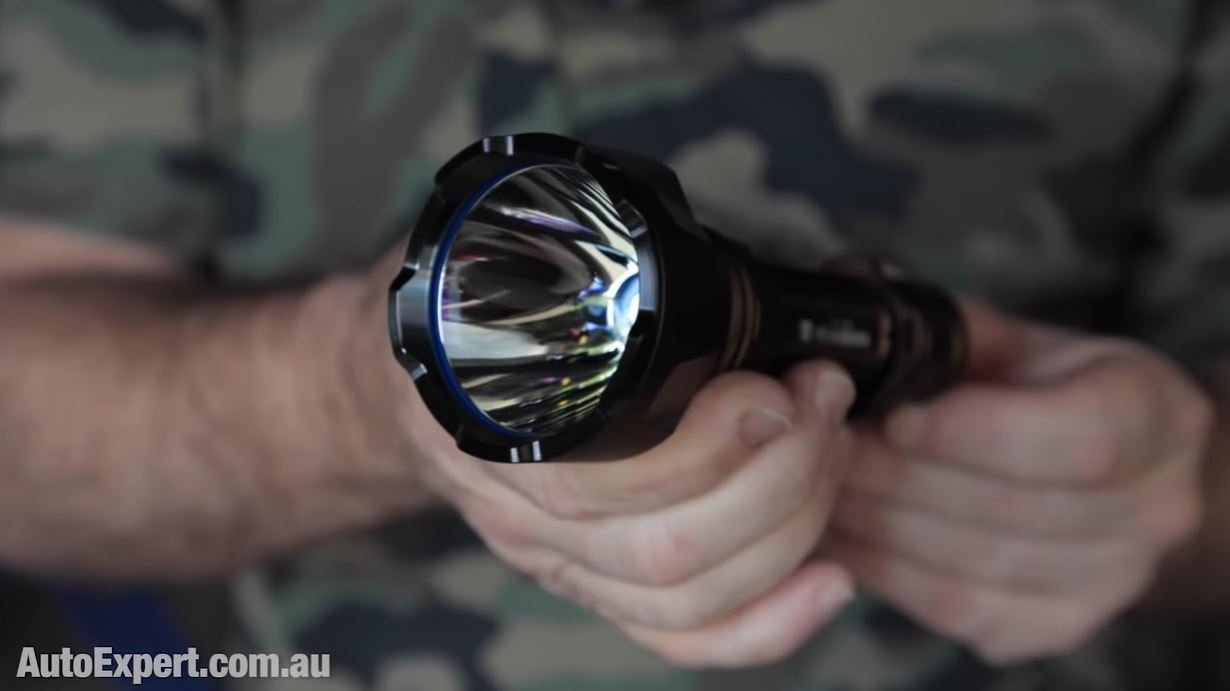









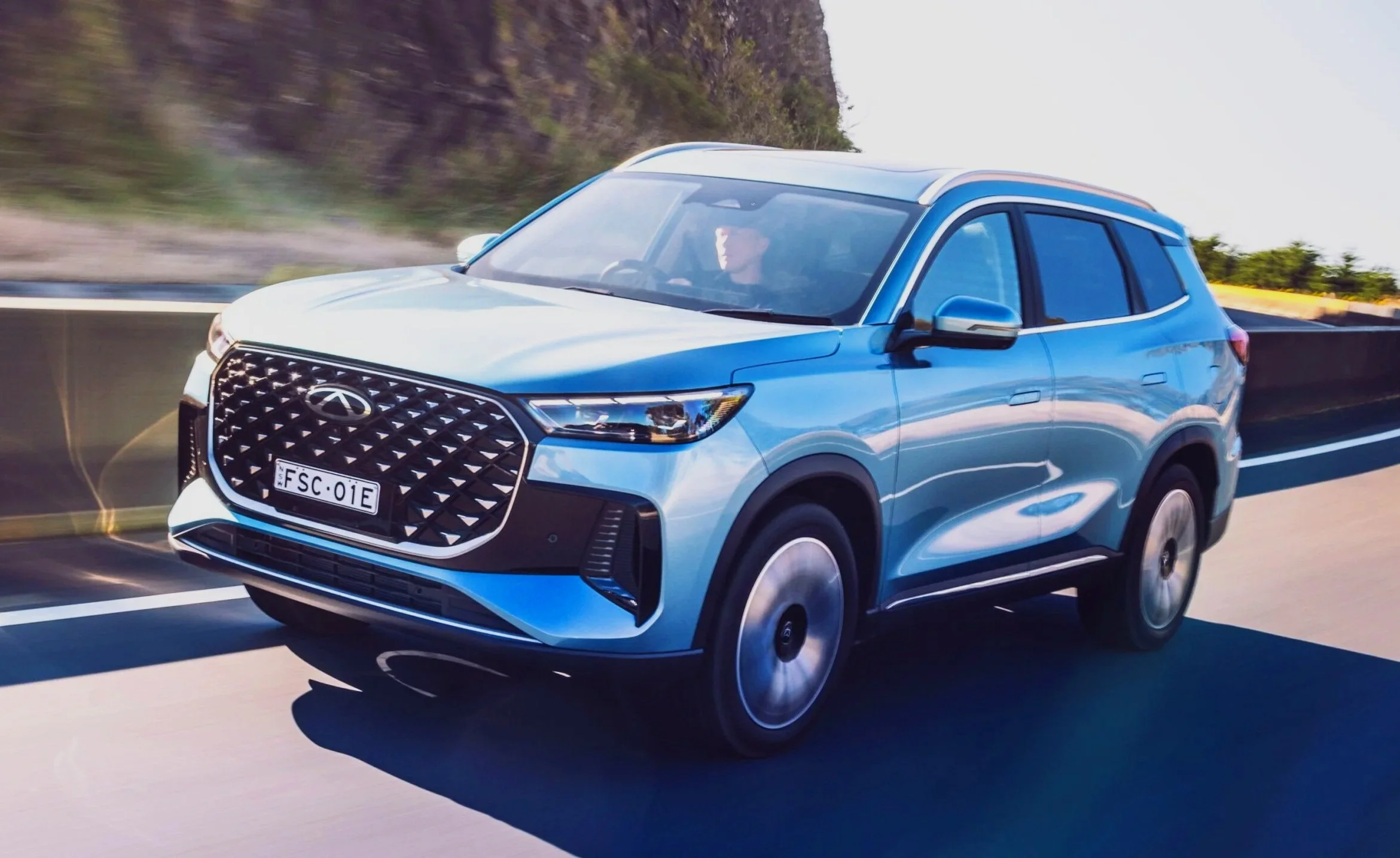
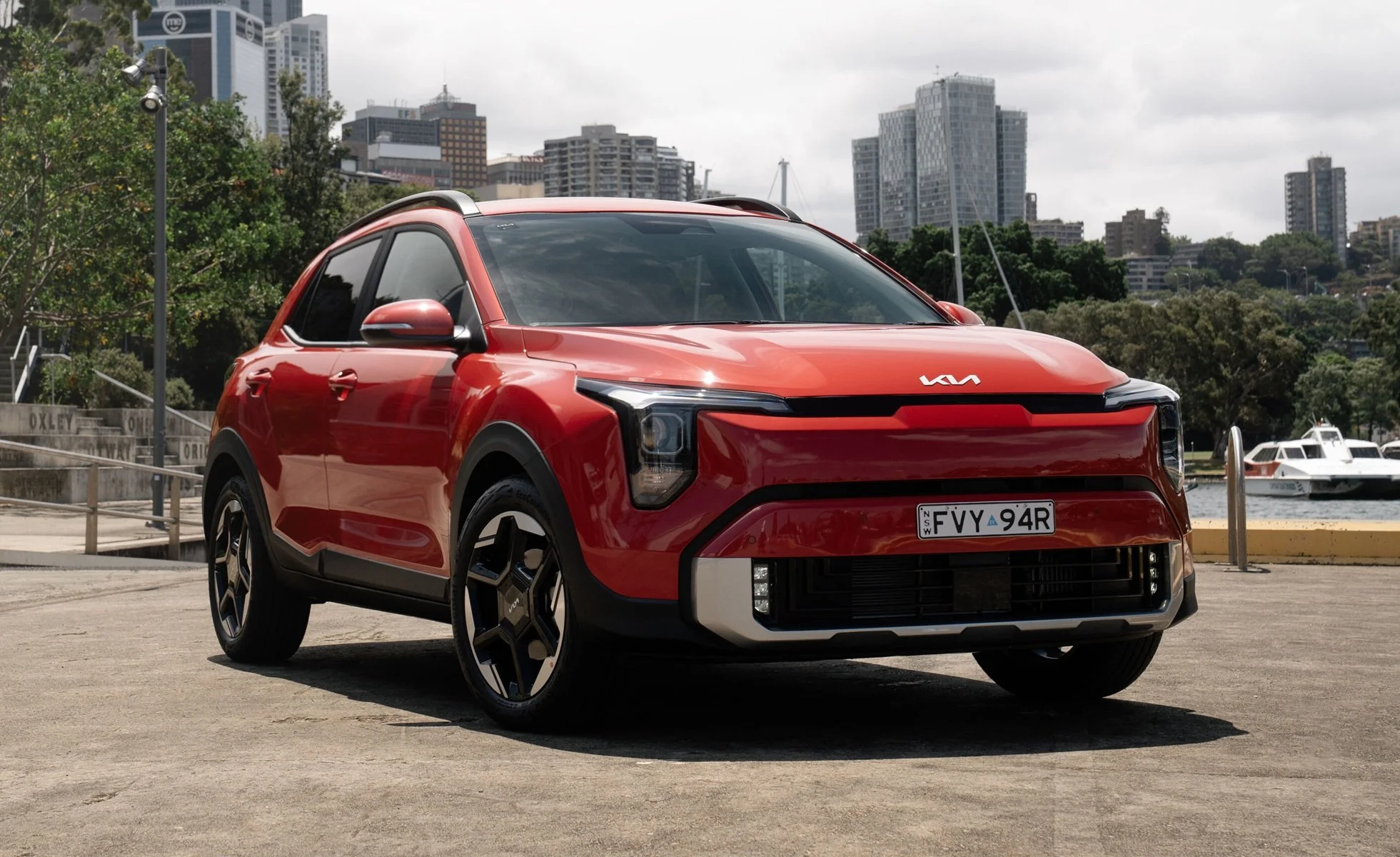
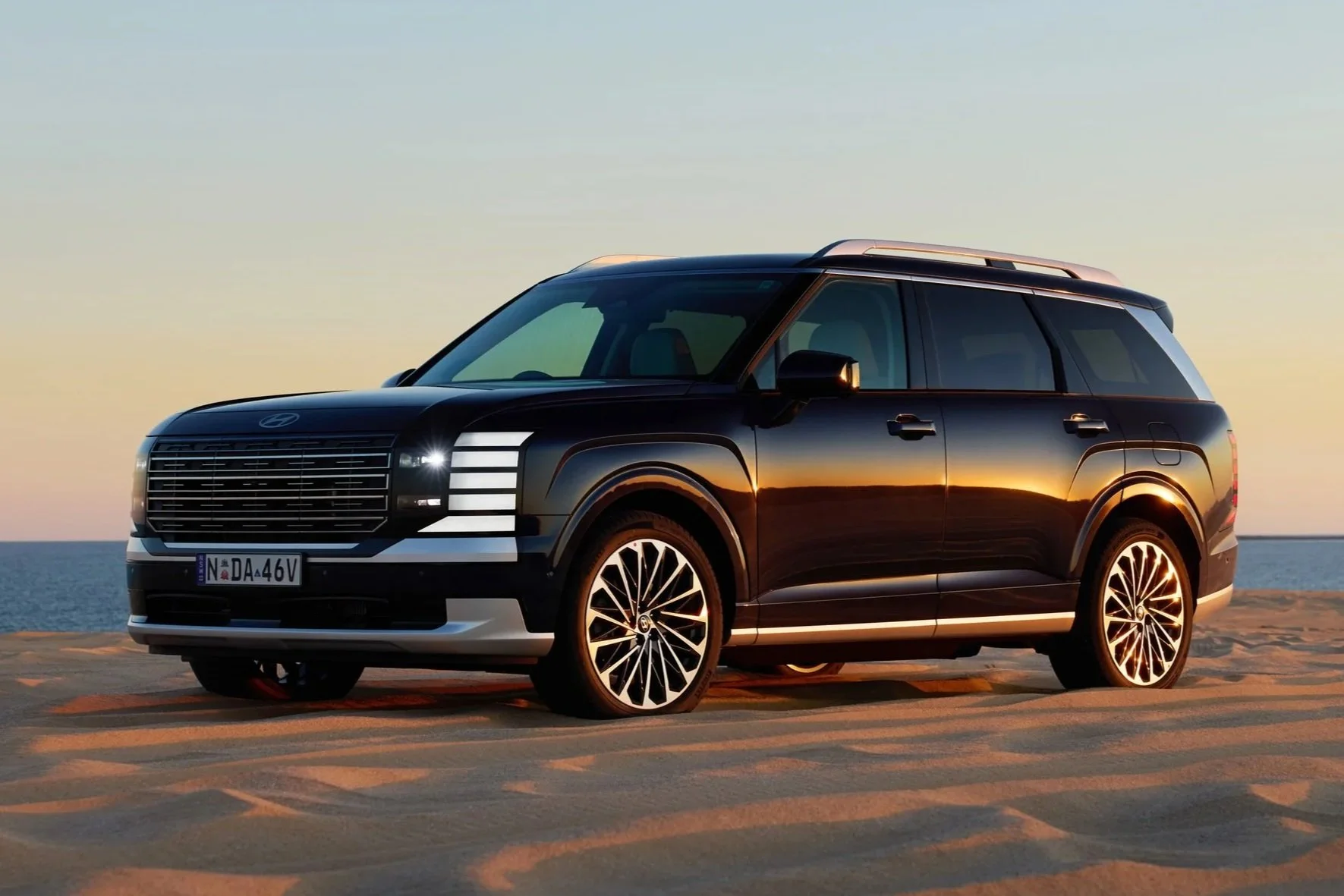
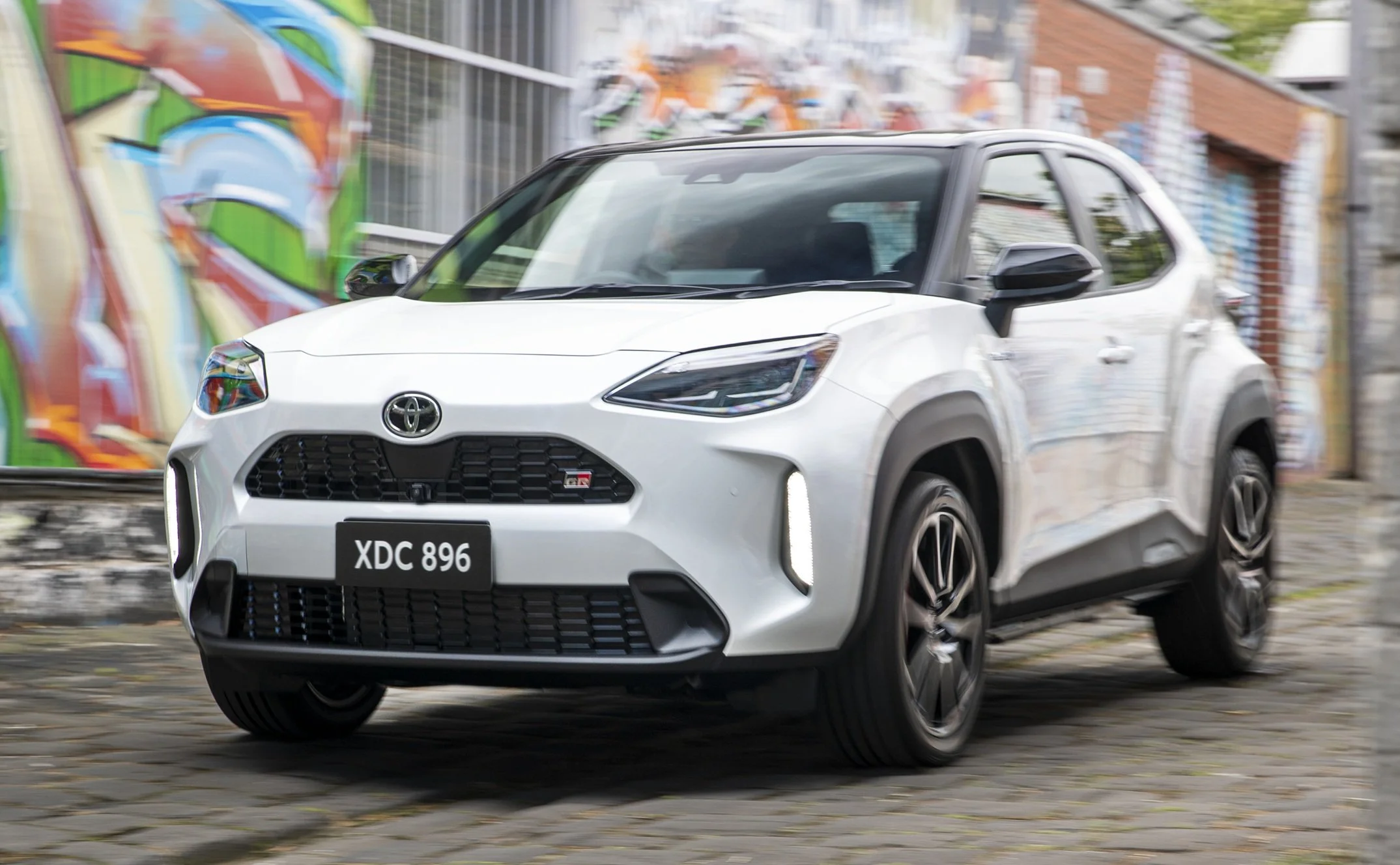


Just because a ute is cheap, that doesn’t mean it’s worth the money. Is the GWM Cannon more than just a cut-price Ranger wannabe? Can it offer towing, off-roading capability and robust design to compete with the big brand dual-cab utes like Hilux and Triton?